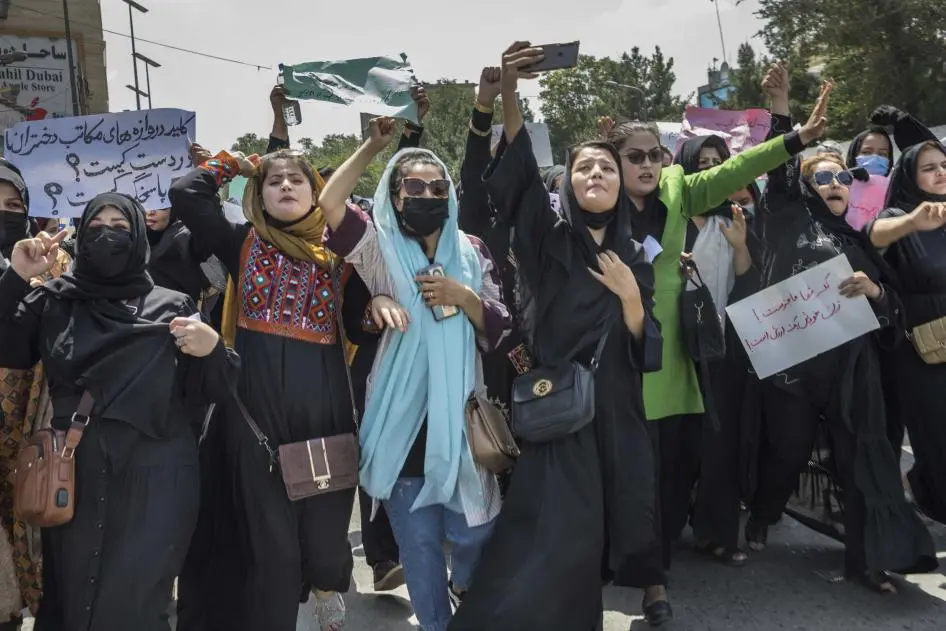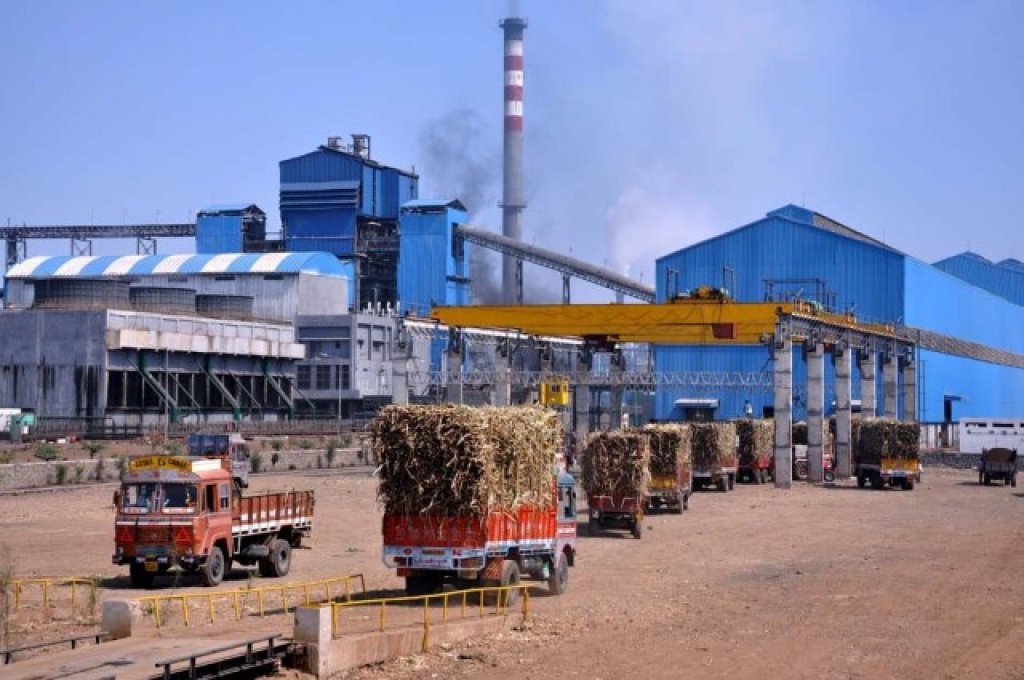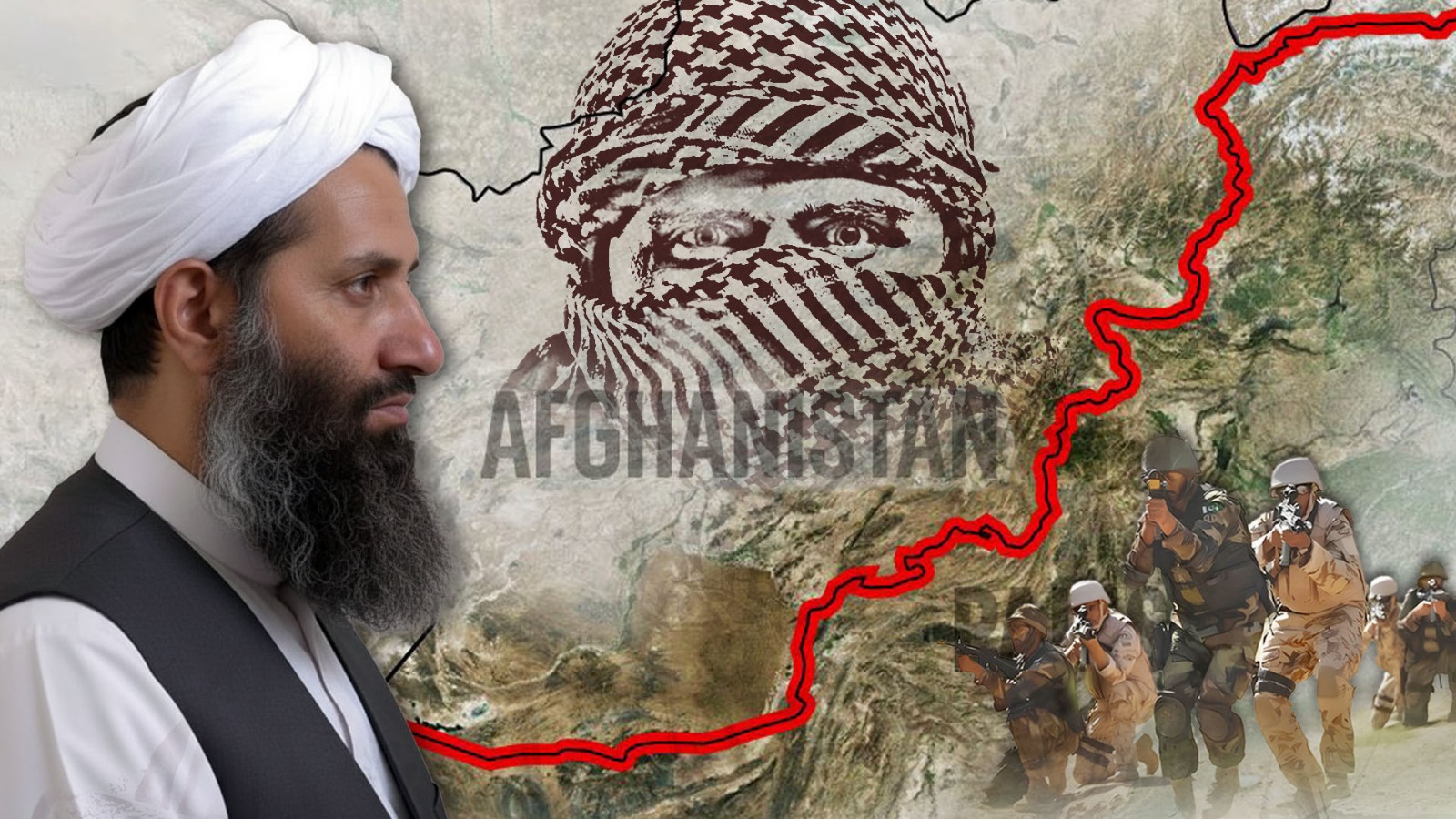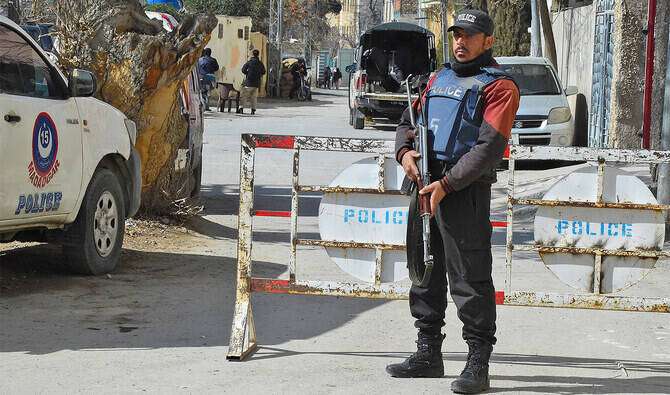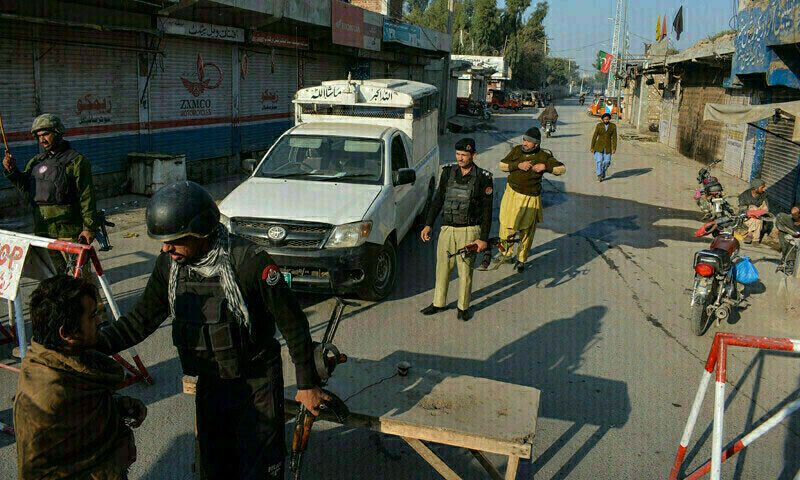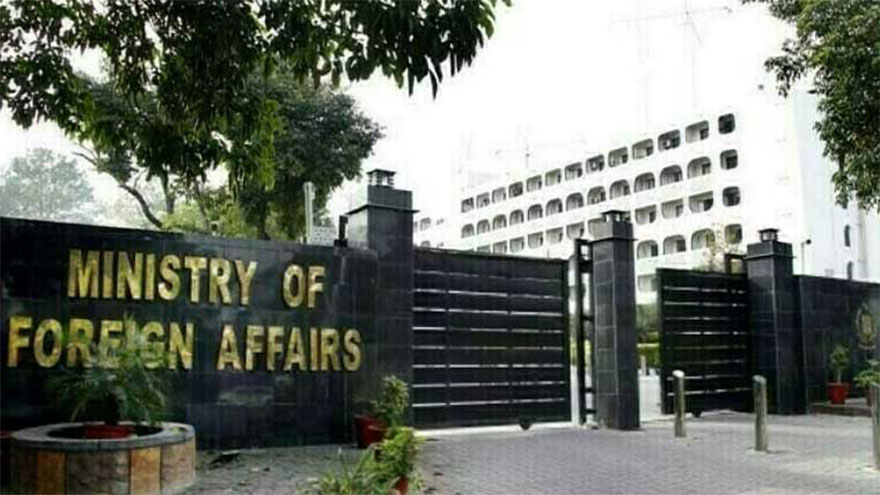“The Taliban have locked the job doors for us. No matter how qualified we are, they will never open them again for Afghan girls and women.”
Those words from a postgraduate student in Kabul capture the despair of a generation whose futures have been stolen. Four years after the Taliban’s return to power in August 2021, Afghan women continue to bear the weight of one of the world’s most repressive gender regimes. According to a new UN Women Gender Alert, titled “Four Years of Taliban Rule: Afghan Women Resist as Restrictions Tighten,” not a single decree curbing women’s freedoms has been repealed. What were once described as temporary measures have now hardened into permanent policy, shaping a grim new normal where women’s participation in education, employment, and public life is nearly erased.
The report underscores that the 2024 Law on the Propagation of Virtue and Prevention of Vice has institutionalized gender discrimination, making restrictions more systematic and harder to challenge. Education and employment bans have sidelined nearly 80 per cent of Afghan women aged 18 to 30, excluding them from schools, universities, and job opportunities. Women’s mobility has been curtailed by mahram (male guardian) rules, while widespread surveillance has deepened fear and restricted movement.
Despite this bleak landscape, the UN Women study highlights Afghan women’s resilience and resistance. Across provinces, women continue to find ways to teach in informal schools, run home-based businesses, and advocate for rights through underground networks. Female aid workers and health professionals often working in secret—are described as “the silent lifeline” keeping communities alive under the weight of repression.
However, funding cuts to women-led organizations are worsening the crisis. These groups, once vital spaces for education, legal aid, and mental health support, are closing due to lack of resources and pressure from authorities. With large-scale refugee returns—many forced—vulnerabilities are multiplying, especially for women who have lost homes, jobs, and safety.
In an exclusive interview with Khabar Kada, Qandi Safi, a women’s rights activist and head of the “Da Wak Tehreek” movement, strongly condemned both the Taliban and the international community for their inaction. “The Taliban had promised in Qatar that they would not impose restrictions or hardships on women, but the reality is the opposite,” Safi said. “The core commitments of the Doha Agreement were never implemented inside Afghanistan. Instead, the Taliban continue to impose systematic and expanding restrictions on women. The United States and international organizations have merely been spectators. They have done nothing tangible to protect the rights of Afghan women — issuing statements only, without taking any real action.”
Her remarks echo the sentiments of many women activists who believe the global community has failed to move beyond symbolic condemnation. They argue that mere statements and meetings have achieved nothing while Afghan women’s freedoms vanish day by day.
The UN Women Gender Alert calls on the international community to act decisively: to provide sustained, flexible funding for women’s organizations, ensure that at least 30 per cent of all aid goes directly to gender equality initiatives, and make women’s rights central to every humanitarian and political intervention in Afghanistan.

